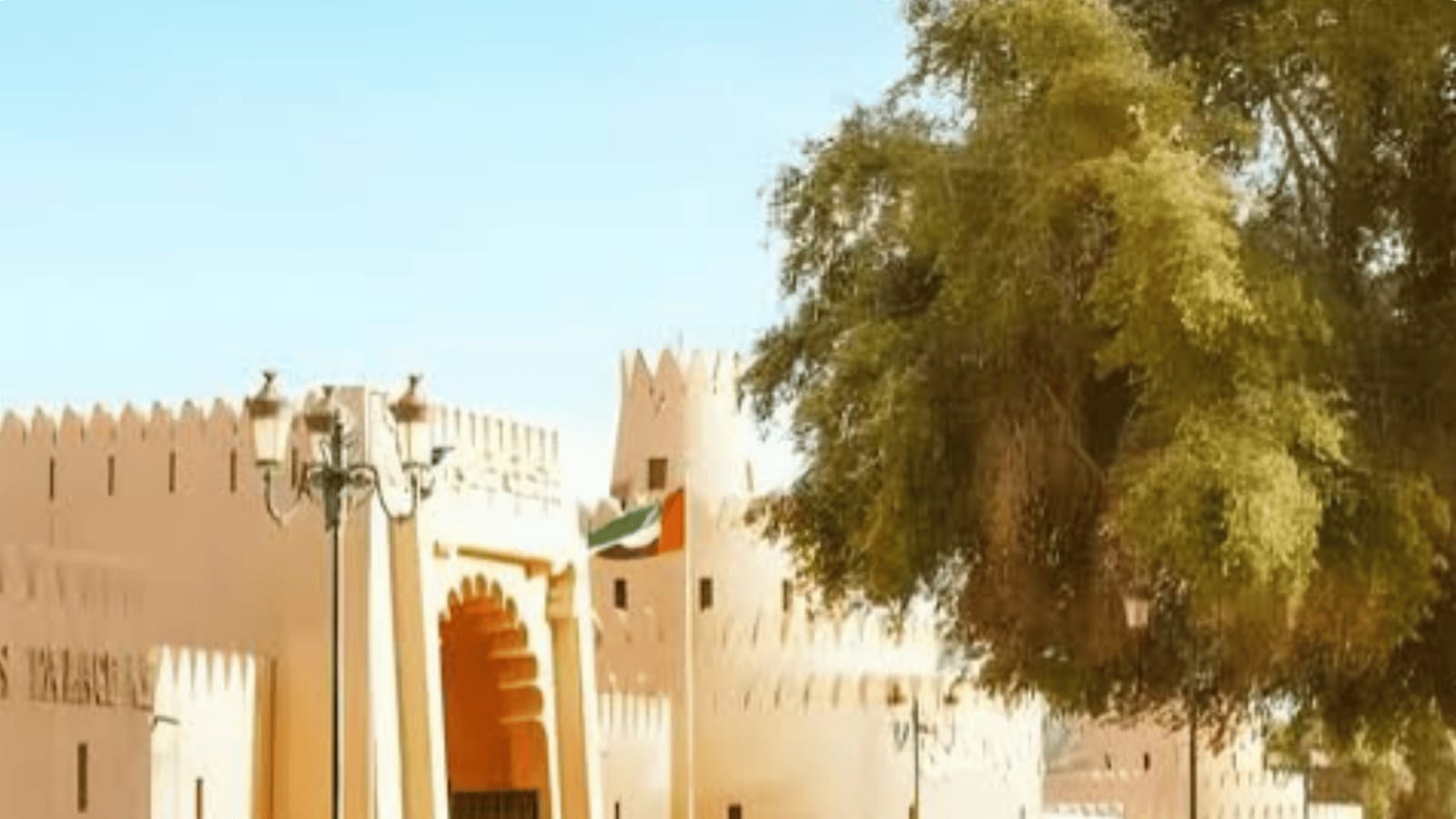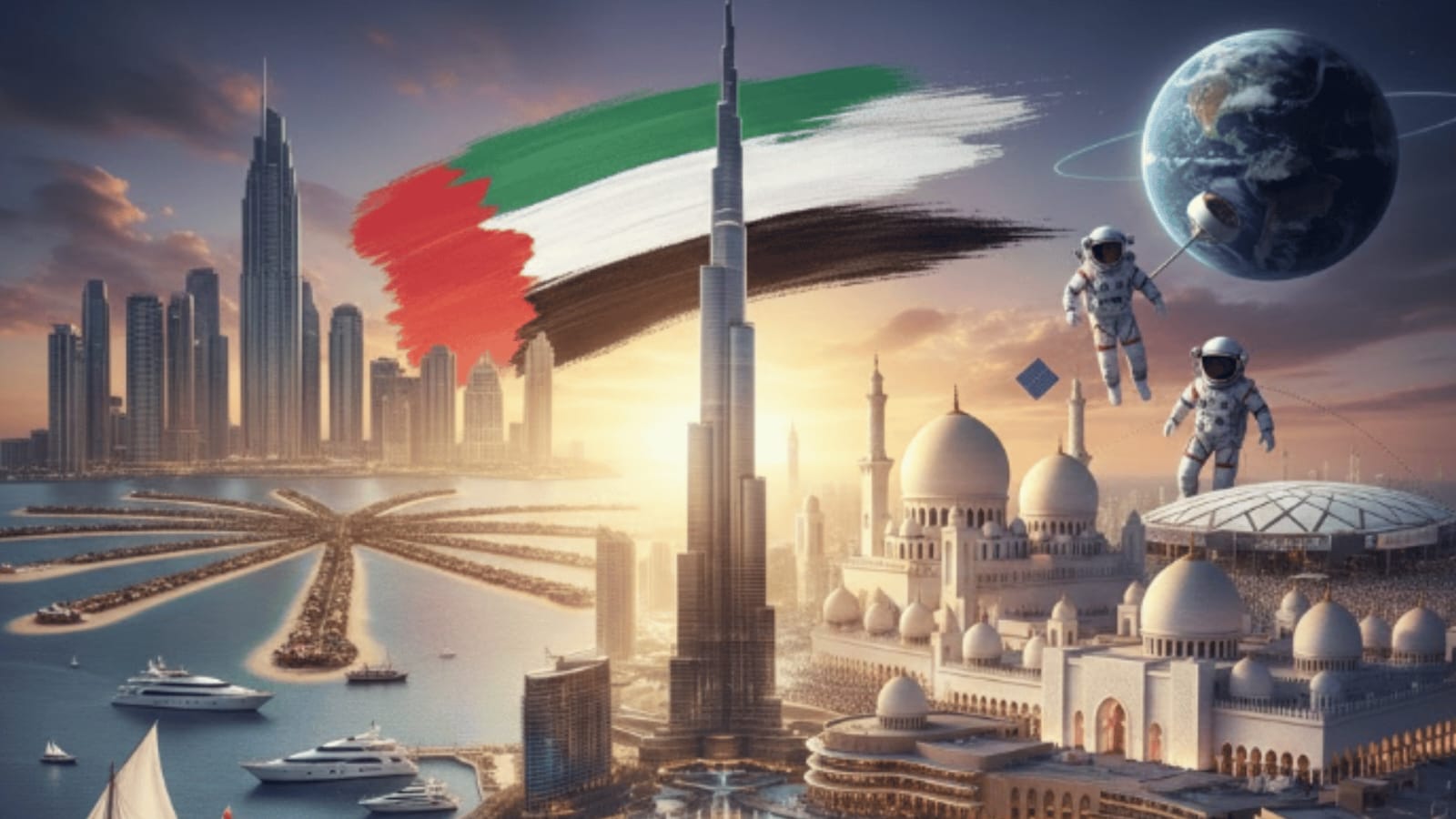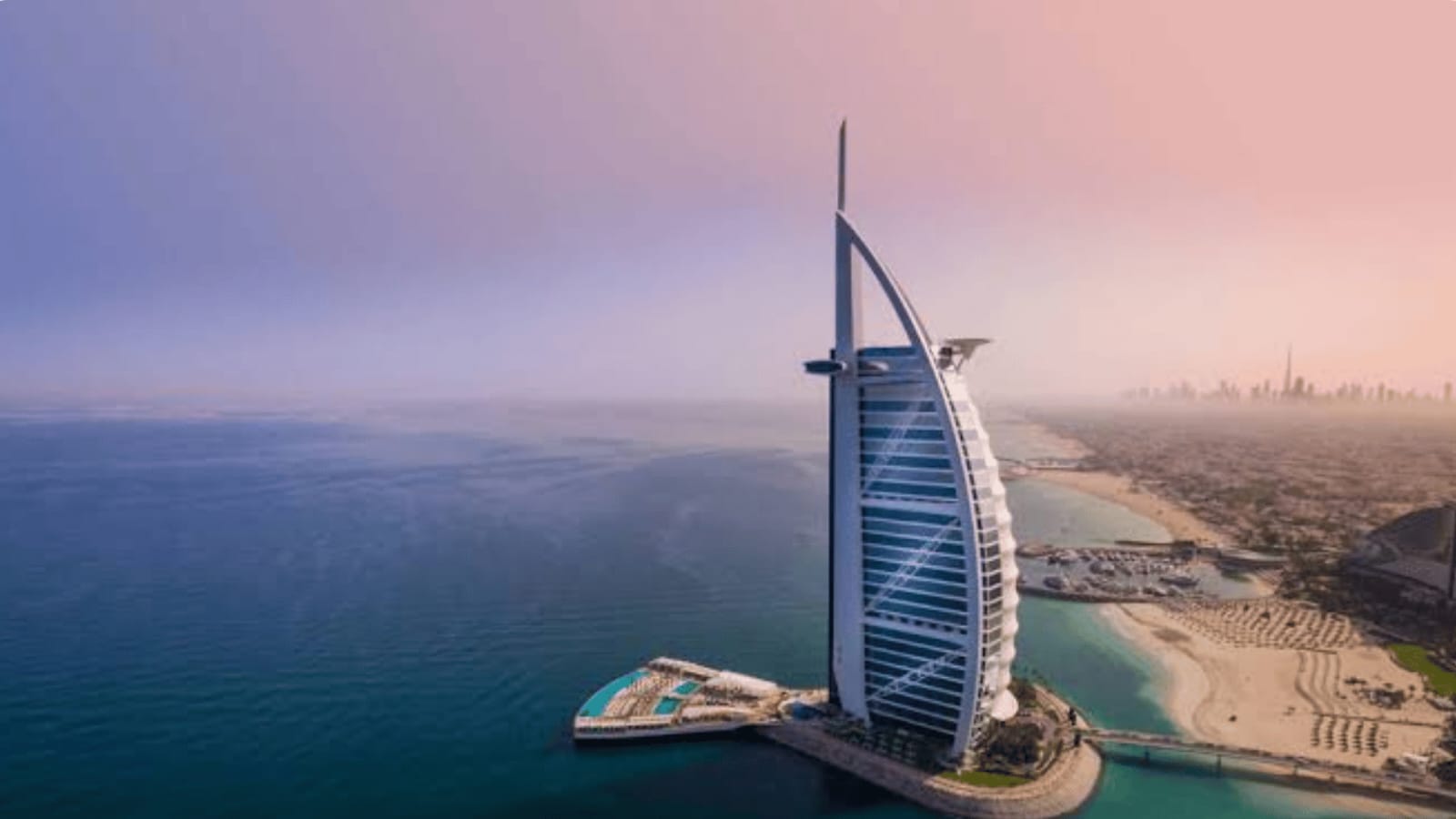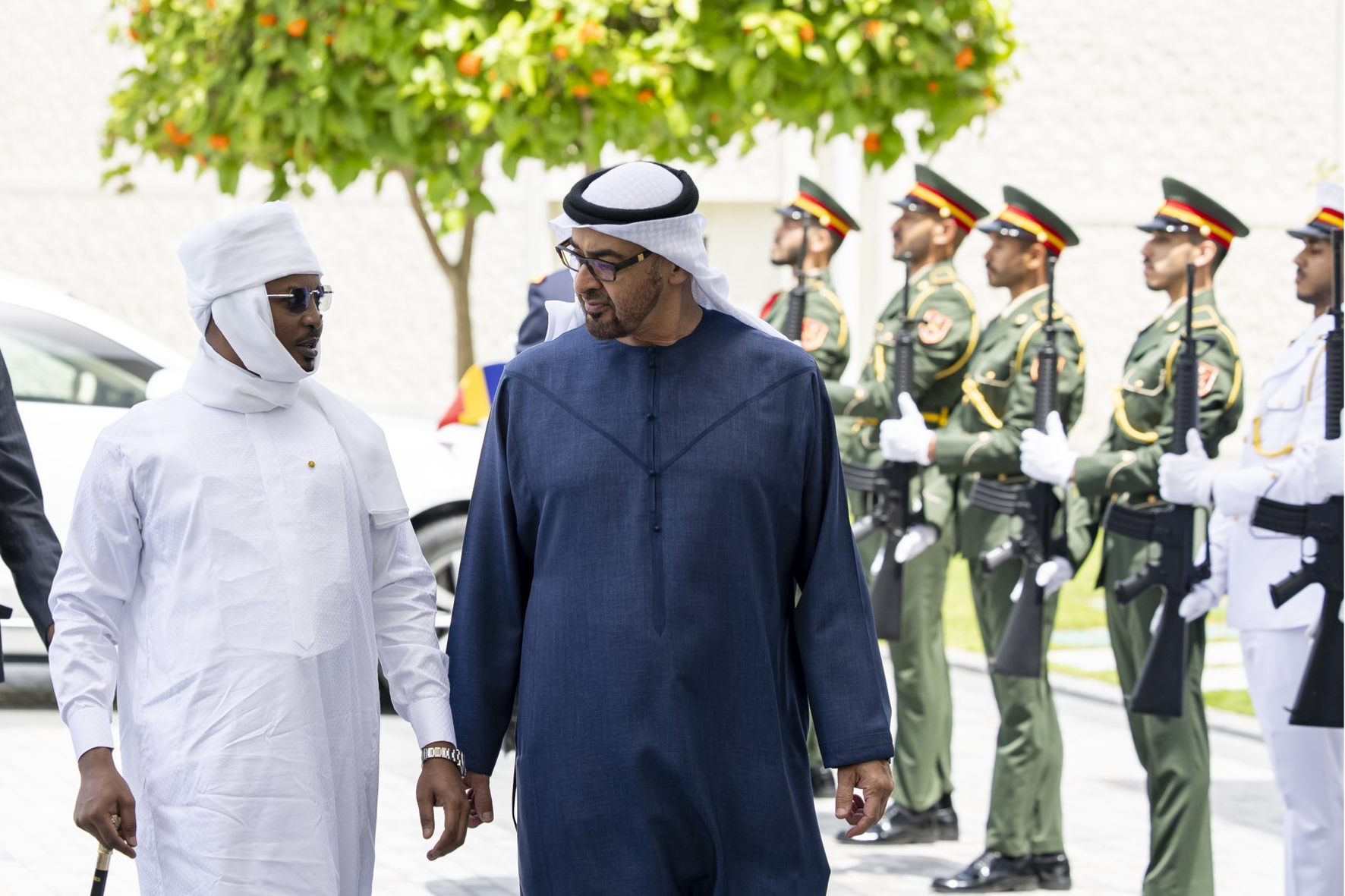Cyprus Seeks Role in India-Middle East-Europe Corridor

As Indian Prime Minister Narendra Modi prepares for his high-level visit to Cyprus, the Mediterranean island nation is expressing a strong interest in playing a more active role in the India-Middle East-Europe Corridor (IMEEC). This strategic infrastructure initiative, announced during the G20 Summit in New Delhi in 2023, aims to link India with Europe via the Middle East through a network of railway, maritime, and energy projects.
Cyprus’s geographical location at the crossroads of three continents — Europe, Asia, and Africa — makes it a natural partner for this corridor. According to Cyprus High Commissioner to India, Evagoras Vryonides, his country is eager to contribute meaningfully to IMEEC despite not being one of its original signatories.
Cyprus’s Geographic Advantage in the IMEEC Vision
IMEEC is designed to offer a faster, more cost-effective alternative to the Suez Canal route. By integrating transport systems across India, the Middle East, and Europe, the corridor aims to cut logistics costs by up to 30% and reduce transit times by nearly 40%.
High Commissioner Vryonides highlighted that Cyprus, as the first entry point into the European Union for IMEEC, is strategically placed to benefit. “The India Middle East Europe Corridor comes to mind. We have good relations with Israel, Israel is part of the equation. Cyprus finds itself naturally in the way of IMEEC,” he said.
Not a Founding Member, but Eager for Participation
Cyprus was not among the original signatories of the IMEEC during its launch at the G20 Summit. However, the country has expressed a clear intention to join and contribute via its EU membership and bilateral relationships.
“We are very much interested in IMEEC, although not the original signatory… We can participate via the European Union but are looking forward to more involvement,” said Vryonides.
He also noted that Indian companies could benefit from Cyprus’s infrastructure and strategic location. “Indian IT companies, shipping companies can have a base in Cyprus. There are so many areas to explore through IMEEC,” he added.
Prime Minister Modi’s Visit to Cyprus After Two Decades
Prime Minister Modi’s upcoming visit to Cyprus is significant, marking the first time in over 20 years that an Indian Prime Minister is visiting the country. The last visit occurred in 2002, when PM Atal Bihari Vajpayee travelled to Nicosia.
During this visit, PM Modi will hold official talks with President Nikos Christodoulides in Nicosia and address Indian and Cypriot business leaders in Limassol. The discussions are expected to include critical sectors such as trade, connectivity, education, defense, and migration.
Vryonides emphasized the importance of this high-level engagement: “We have a very strong bilateral relationship between Cyprus and India. We are very happy that PM Modi found time to visit Cyprus on his way to Canada. We consider this a very important visit for us at the bilateral level.”
Enhancing India-Cyprus Connectivity Through IMEEC
One of the key elements of the IMEEC project is improved connectivity across participating regions. Cyprus is keen on becoming a critical junction in this corridor — not only by offering infrastructure but also through enhancing travel and communication links with India.
“There is so much to be done in the meetings. Even though it’s a short meeting, we will try to make the best out of it,” said the High Commissioner.
Among the top priorities is the potential launch of a direct air link between India and Cyprus, a move that would improve travel efficiency for business leaders, tourists, students, and officials.
Trade and Education to Drive Bilateral Cooperation
During the visit, bilateral trade development is expected to be a major area of focus. Cyprus offers a strategic hub for Indian exporters looking to access European markets. In return, Indian businesses and investors see value in the Cypriot market, particularly in sectors such as finance, shipping, tourism, and IT.
Education is another important avenue of cooperation. With many Indian students seeking overseas education, Cyprus’s English-speaking academic institutions and EU-aligned curriculum present new opportunities for collaboration.
Cyprus as a Hub for Indian Weddings and Films
Cyprus is actively working to brand itself as a desirable destination for Indian weddings and Bollywood film production. With its scenic coastlines, rich cultural heritage, and modern hospitality infrastructure, Cyprus offers a unique Mediterranean backdrop.
“Cyprus is keen to establish itself as a center for destination weddings and filmmaking for Indians,” said Vryonides. These sectors could significantly boost tourism and create new creative and cultural bridges between the two nations.
Existing Defense MoU Adds Depth to Bilateral Ties
Though the focus of the visit is economic and strategic engagement, defense cooperation has also played a role in India-Cyprus relations. A Memorandum of Understanding (MoU) on defense collaboration was signed in recent years, laying a foundation for joint activities in maritime security and military training.
While no major defense agreements are expected during this trip, the existing framework supports broader security dialogues in the future.
India’s Wider Mediterranean Outreach Strengthens IMEEC Goals
PM Modi’s visit to Cyprus also aligns with India’s growing diplomatic presence in the Mediterranean region. The recent opening of an Indian consulate in Marseille, France, signals a broader strategy to deepen India’s engagement with Southern Europe.
By including Cyprus — a small but strategically located EU member — India is reinforcing its commitment to regional balance and diversified cooperation. The IMEEC, with Cyprus as a potential key partner, could be a symbol of this broader realignment.
Cyprus as a Platform for Indo-European Collaboration
Cyprus hopes to become more than just a physical transit point — it envisions itself as a functional platform that links European and Indian interests through digital, commercial, educational, and cultural partnerships.
Vryonides underscored this role by saying, “We are not just interested in being part of the corridor; we want to contribute meaningfully.”
Indian companies can look to Cyprus as a base for EU operations, while Cypriot businesses can tap into India’s vast consumer and talent markets. This two-way engagement could help transform Cyprus into a connectivity hub between Asia and Europe.
From Strategic Interest to Long-Term Collaboration
Prime Minister Modi’s visit to Cyprus comes at a pivotal moment for both nations. With global attention on infrastructure corridors like IMEEC, countries are seeking to align themselves with initiatives that promise mutual growth and regional cooperation.
Cyprus’s interest in IMEEC, its favorable geographic location, and its growing bilateral ties with India make it a promising partner for the future. For India, engaging with Cyprus enhances its connectivity to Europe and strengthens its Mediterranean presence.
This visit may be short in duration, but its potential for long-term collaboration is significant. Whether through digital innovation, education, logistics, or tourism, India and Cyprus are building new bridges across continents — and across shared visions for a connected, cooperative global future.







